- Clone
- NFL2 (See other available formats)
- Regulatory Status
- RUO
- Other Names
- Neurofilament Light Polypeptide 68kD, Neurofilament Light Polypeptide, Neurofilament Subunit NF-L, CMT1F, NFL, NEFL, NF-L
- Isotype
- Mouse IgG1, κ
- Ave. Rating
- Submit a Review
- Product Citations
- publications
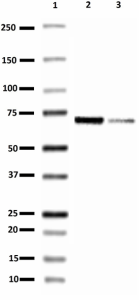
-

Western blot of purified anti-Neurofilament L (NF-L) antibody (clone NFL2). Lane 1: Molecular weight marker; Lane 2: 20 µg of mouse brain lysate; Lane 3: 20 µg of rat brain lysate. The blot was incubated with 5 µg/mL of the primary antibody overnight at 4°C, followed by incubation with HRP labeled goat anti-mouse IgG (Cat. No. 405306). Enhanced chemiluminescence was used as the detection system. -

Western blot of purified anti-Neurofilament L (NF-L) antibody (clone NFL2). Lane 1: Molecular weight marker; Lane 2: 20 µg of human brain cerebellum lysate; Lane 3: 20 µg of human brain cortex lysate. The blot was incubated with 10 µg/mL of the primary antibody overnight at 4°C, followed by incubation with HRP labeled goat anti-mouse IgG (Cat. No. 405306). Enhanced chemiluminescence was used as the detection system. -

IHC staining of purified anti-Neurofilament L (NF-L) antibody (clone NFL2) on formalin-fixed paraffin-embedded human brain tissue. Following antigen retrieval using Sodium Citrate H.I.E.R., the tissue was incubated with 10 µg/ml of the primary antibody for 20 minutes at room temperature. BioLegend´s Ultra-Streptavidin (USA) HRP kit (Multi-Species, DAB, Cat. No. 929901) was used for detection followed by hematoxylin counterstaining, according to the protocol provided. The image was captured with a 40X objective.
| Cat # | Size | Price | Quantity Check Availability | Save | ||
|---|---|---|---|---|---|---|
| 846002 | 100 µg | 212€ | ||||
Neurofilaments (NF) are type IV intermediate filament heteropolymers composed of light, medium, and heavy chains. Detection of NF, and the subunits of NF, may serve as a biomarker for axonal degeneration. The degree of axonal degeneration is related to the amount of NF detected in the cerebrospinal fluid (CSF) and the blood. Neurofilament light (NF-L) levels are elevated in Alzheimer’s Disease.
Product DetailsProduct Details
- Verified Reactivity
- Human, Mouse, Rat
- Antibody Type
- Monoclonal
- Host Species
- Mouse
- Immunogen
- Purified macaque NFL.
- Formulation
- Phosphate-buffered solution, pH 7.2, containing 0.09% sodium azide.
- Preparation
- The antibody was purified by affinity chromatography.
- Concentration
- 0.5 mg/ml
- Storage & Handling
- The antibody solution should be stored undiluted between 2°C and 8°C.
- Application
-
WB - Quality tested
IHC-P - Verified - Recommended Usage
-
Each lot of this antibody is quality control tested by Western blotting. For Western blotting, the suggested use of this reagent is 5.0 - 10.0 µg/ml. For immunohistochemistry on formalin-fixed paraffin-embedded tissue, a concentration range of 1.0 - 5.0 μg/ml is suggested. It is recommended that the reagent be titrated for optimal performance for each application.
- Product Citations
-
- RRID
-
AB_2566775 (BioLegend Cat. No. 846002)
Antigen Details
- Structure
- Neurofilament light is a 68 kD protein.
- Distribution
-
Cytoskeleton and the cytoplasm.
- Function
- Neurofilaments comprise the axoskeleton and they functionally maintain the neuronal caliber. They may also play a role in intracellular transport to axons and dendrites.
- Cell Type
- Mature Neurons
- Biology Area
- Cell Biology, Cell Motility/Cytoskeleton/Structure, Neuroscience, Neuroscience Cell Markers
- Molecular Family
- Intermediate Filaments
- Antigen References
-
1. Zetterberg H, Blennow K. 2015. JAMA Neurol. 11:1237-8.
2. Bäckström D, et al. 2015. JAMA Neurol. 72(10):1175.
3. Janelidze S, et al. 2015. Neurology 85:1834.
4. Magdalinou NK, et al. 2015. J. Neurol. Neurosurg. Psychiatry 86(11):1240.
5. Skillbäck T, et al. 2014. Neurology. 83:1945. - Gene ID
- 4747 View all products for this Gene ID
- UniProt
- View information about Neurofilament L on UniProt.org
Related Pages & Pathways
Pages
Other Formats
View All Neurofilament L Reagents Request Custom Conjugation| Description | Clone | Applications |
|---|---|---|
| Purified anti-Neurofilament L (NF-L) | NFL2 | WB,IHC-P |
Customers Also Purchased
Compare Data Across All Formats
This data display is provided for general comparisons between formats.
Your actual data may vary due to variations in samples, target cells, instruments and their settings, staining conditions, and other factors.
If you need assistance with selecting the best format contact our expert technical support team.

 Login / Register
Login / Register 




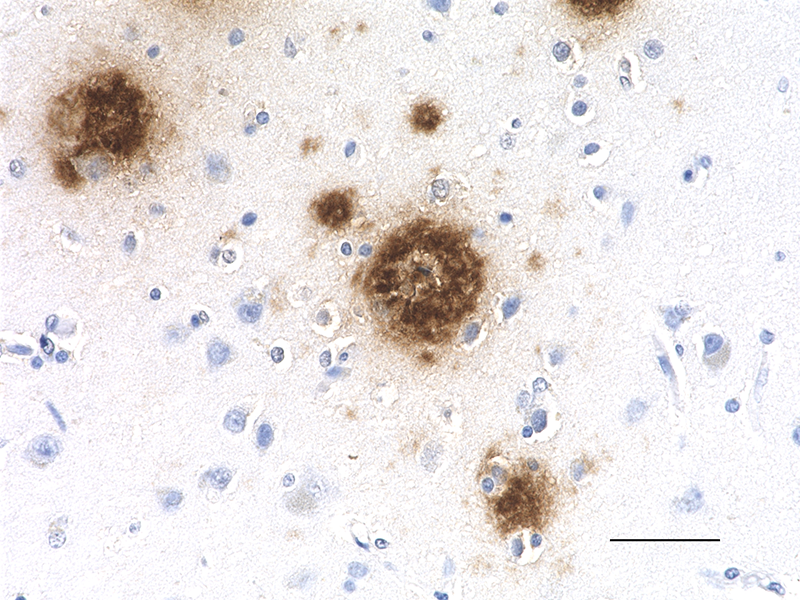
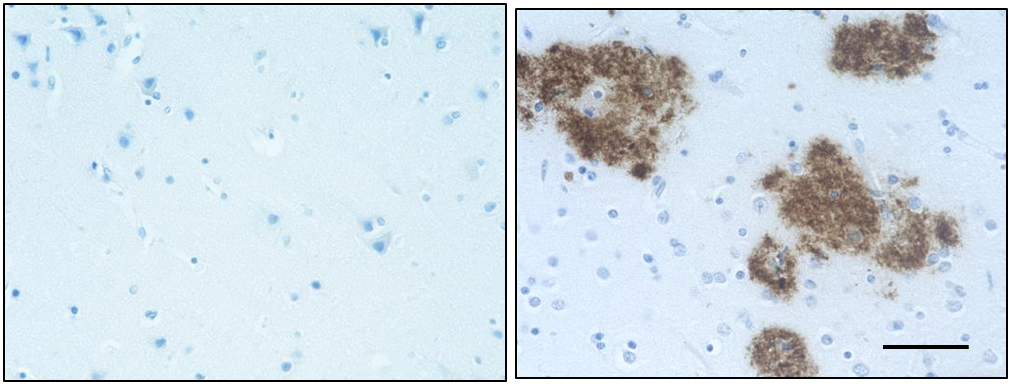
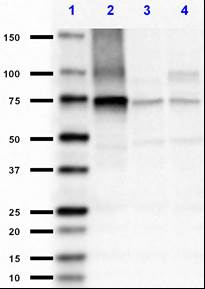
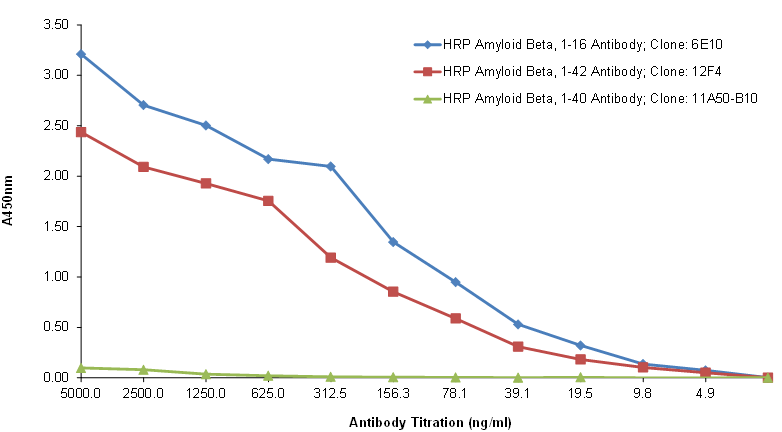
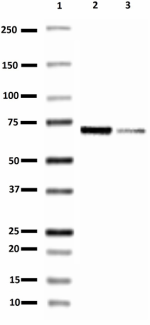
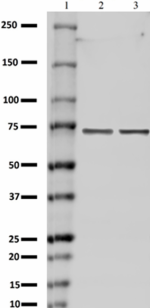
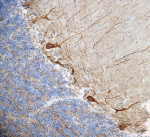



Follow Us